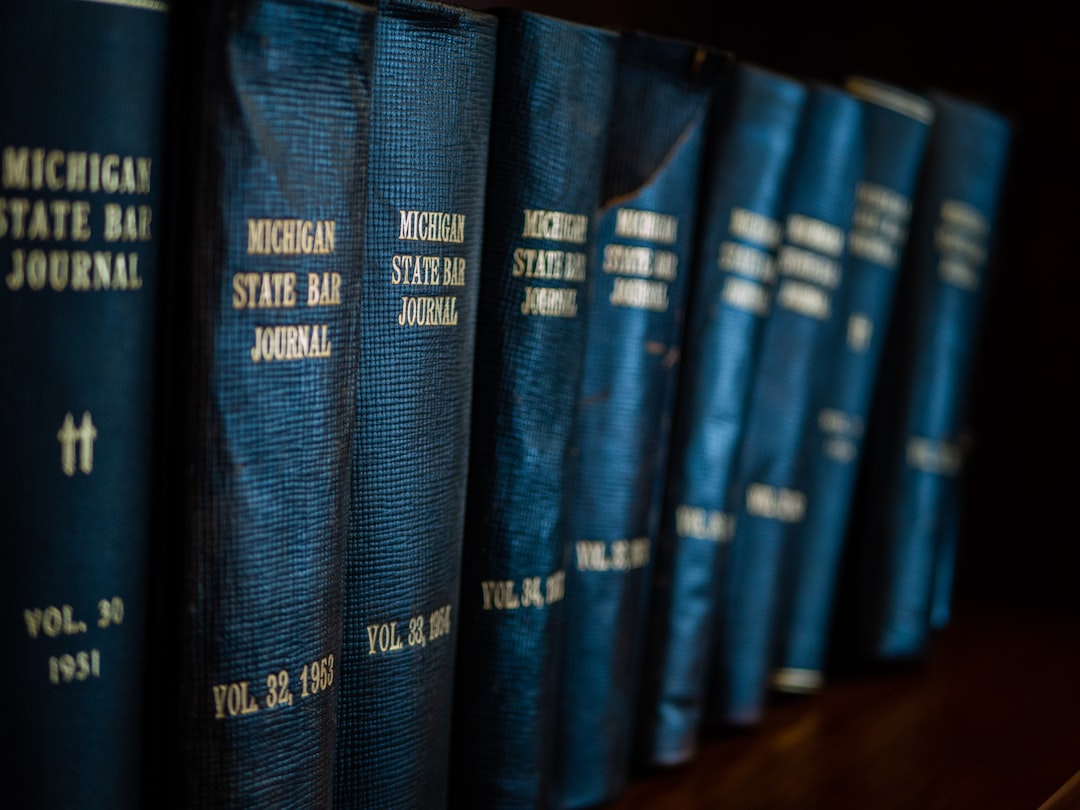In legal cases of school sexual abuse, understanding intersectionality is key, as it addresses compounded discrimination based on race, gender, class, and other identity traits. A school abuse law firm in Connecticut employs this concept to represent students of color who face both assault and systemic racial/gender inequalities in education. This intersectional approach aims for transformative justice, tackling immediate abuses and underlying systemic factors. By considering the unique challenges faced by marginalized survivors, these firms tailor legal strategies for better outcomes, hold schools accountable, and create safer environments. Holistic care includes mental health services, cultural sensitivity, community collaboration, and empowering victims.
In the complex landscape of justice, intersectionality—the overlap of multiple social identities affecting individuals’ experiences—is a pivotal concept in understanding and navigating school sexual abuse cases. This article delves into the profound impact of intersectionality on legal proceedings in Connecticut, particularly within the realm of school abuse law firms. We explore how this framework influences litigation strategies and advocacy for victims, emphasizing a comprehensive approach to address the unique challenges faced by survivors.
Understanding Intersectionality: A Key Concept in Legal Cases

Understanding Intersectionality: A Key Concept in Legal Cases
Intersectionality, a groundbreaking concept introduced by legal scholar Kimberlé Crenshaw, recognizes that individuals face compounded forms of discrimination and adversity based on their unique combination of identity traits such as race, gender, class, sexual orientation, disability, and more. This dynamic interplay of social categorizations significantly shapes experiences and opportunities in various domains, including education and the legal system. In the context of school sexual abuse cases, intersectionality becomes a powerful lens to analyze how these traumas intersect with systemic inequalities and biases.
For instance, a school abuse law firm in Connecticut might represent a student of color who has experienced sexual harassment from a teacher. The case doesn’t just involve breaking down barriers related to sexual assault; it also navigates the complex landscape of racial discrimination and gender inequality prevalent in educational institutions. This intersectional approach ensures that legal strategies address not only the immediate abuse but also the systemic factors that may have contributed or perpetuated such incidents, aiming for transformative justice and more equitable school environments.
The Impact on School Sexual Abuse Litigation in Connecticut

In Connecticut, where a prominent school abuse law firm has been instrumental in shedding light on this issue, intersectionality plays a pivotal role in shaping the outcomes of sexual abuse cases within educational institutions. This complex concept considers how various forms of discrimination—based on race, gender, socioeconomic status, and disability, among others—can overlap and intersect, creating unique challenges for survivors seeking justice. For instance, a student from a marginalized racial or ethnic background might face additional barriers in reporting and pursuing legal action due to systemic racism and cultural stigma, making their experience distinct from their peers.
Intersectionality also influences the legal strategies employed by Connecticut’s school abuse law firms. Lawyers must tailor their approaches to address these multifaceted issues, ensuring that every survivor receives equitable representation. By recognizing and understanding the unique circumstances of each case, attorneys can provide more nuanced support, leading to better outcomes for clients who have endured trauma within the confines of educational settings. This sensitive navigation of various identities and rights is crucial in holding schools accountable and fostering a safer environment for all students.
Strategies and Advocacy for Victims: A Comprehensive Approach

When dealing with school sexual abuse cases, a comprehensive and nuanced approach is essential to support victims effectively. This involves several strategies that cater to the unique needs of each individual. A reputable school abuse law firm in Connecticut often takes a holistic view, recognizing that every victim’s experience is shaped by their personal background and societal factors.
Advocacy for victims should include mental health support services tailored to address trauma, cultural sensitivity, and language accessibility to ensure all survivors feel heard and understood. Additionally, legal professionals can collaborate with community organizations specializing in intersectionality to provide holistic care, particularly when dealing with cases involving marginalized communities. This collaborative approach aims to empower victims, offer justice, and create a safer environment for all students within Connecticut’s educational institutions.





